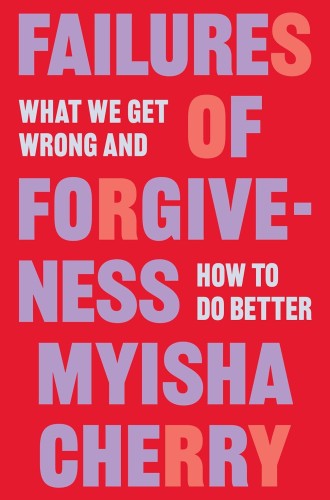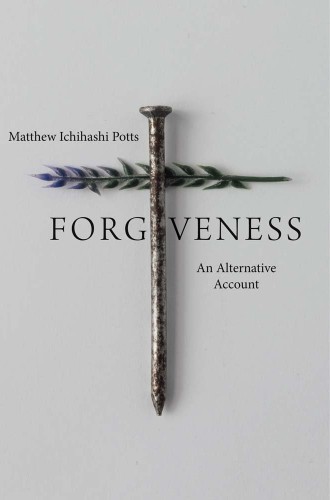What is forgiveness?
Myisha Cherry and Matthew Ichihashi Potts each challenge a new American mythology.
Miroslav Volf once wrote a book attempting to reclaim forgiveness for a “culture stripped of grace.” Nearly 20 years later, two books are renewing that attempt for a situation Volf likely didn’t anticipate: a culture oversaturated with forgiveness.
Philosopher Myisha Cherry and moral theologian Matthew Ichihashi Potts each set out to counter the new American mythology of forgiveness. Corporations regularly promote it, while the media pressures victims to extend it. Forgiveness alone, the message goes, holds the power to save us from our divisions. Both authors find this magic pill too hard to swallow. “Like any powerful medicine,” Cherry explains, forgiveness “works only if it is applied properly.”
To illustrate the misapplication of forgiveness, each author begins in the same place: the 2015 Charleston, South Carolina, church shootings that left nine Black Americans murdered. Several family members of the victims publicly forgave the perpetrator, seemingly unconditionally, not in response to any sign of contrition or repentance. Cherry and Potts both worry about how such acts, while inspiring, are spun within the new mythology. These acts of forgiveness are purported to heal the wound of racism, but have they contributed to dismantling White supremacy? These acts are ascribed moral praise, but does that mean we all have a moral obligation to forgive in the same way? These acts promise to cleanse the conscience, but do we still have moral permission to be angry?






